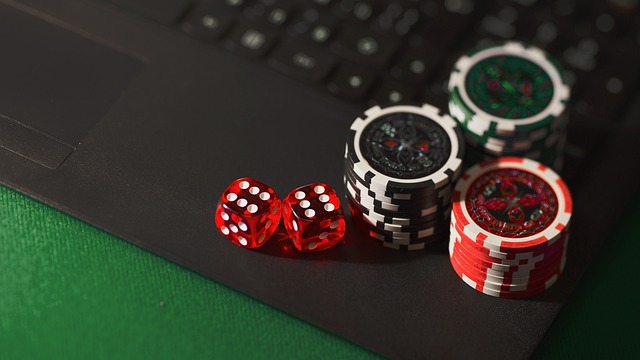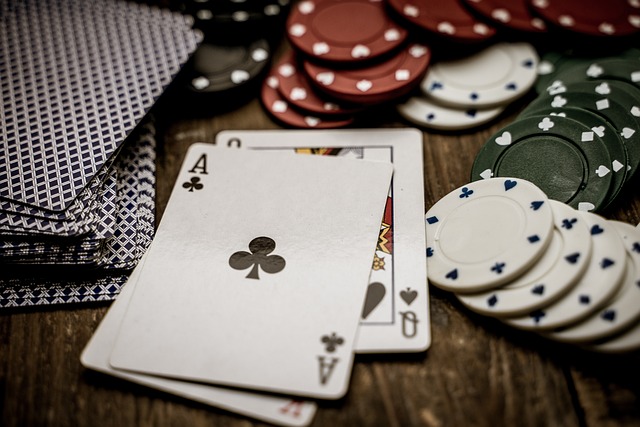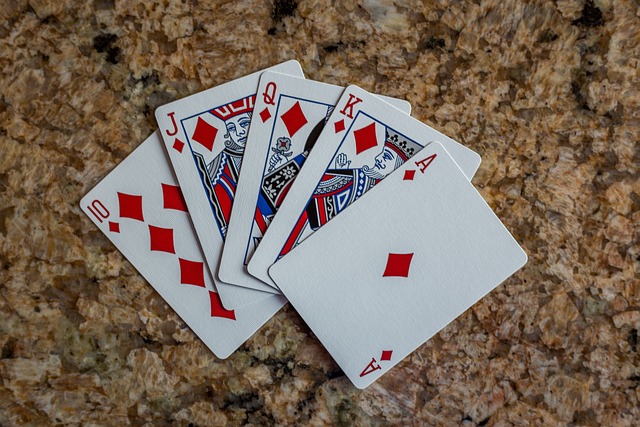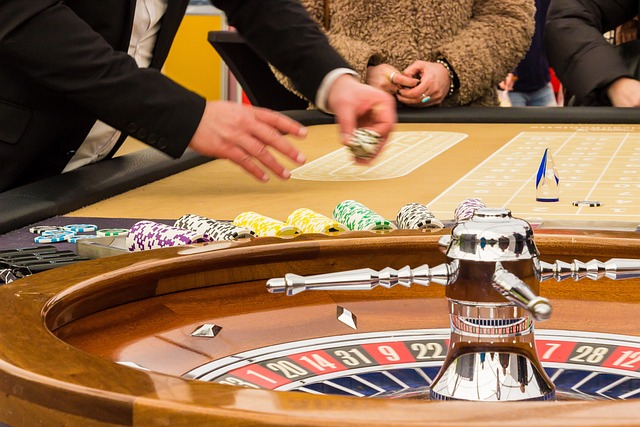How to differentiate a professional poker player from an amateur! Where do you fit? As in any sport or gambling there are people who are better and less. This is what happens in poker, an extremely beloved and practicing game. It is played in the traditional casinos on huge amounts of money, but also between blocks, parties or simply for fun. But many make a profit from him and at the same time from amateur players. Those are professionals, a category in which any poker enthusiast wants to enter.
Poker players often understand the game differently. Even if the rules are the same, this does not mean that if you respect their success is guaranteed. Playing the right poker does not mean that you do it well. Many factors influence poker and apparently unimportant decisions can make the difference between an amateur and a professional. In this article I propose to highlight some important differences between these two major categories of players.
1. Poker player vs professional vs – attention to detail!
As said above, details can make a difference at the poker table. A Fish is concerned only by him, why he has books in his hand, what he has no aspects of this kind. He does not think at any time to study their opponents, to understand their decisions. It all comes down to your own game. A professional, on the other hand, pursues any movement of all the people at the table. Even when it is not in the game, it studies the action and stores even the slightest information. Body language, the speed with which you act, how often you bet with a big hand or how fast you throw, everything is analyzed by a professional.
2. Game strategy and involvement!
A professional player will always come up with “themes done” at the poker table. He will leave nothing to the will and all his decisions will be calculated. He does not consider himself a winner even if he is the best at the table and uses every hand played to learn something new. Do not make gifts to opponents and try to minimize the risk as much as possible. Specifically they always cover their backs. He does not enter the battles that he cannot win only for the sake of the game and plays long in the long run. It is involved and focused on the entire duration of the game, even if it does not show this, and its experience will produce an impact when it needs to.
On the other hand, a fiss treats the poker exclusively as a gambling. Intuition prevails for him in the face of intelligence in the game. Most of the time it does not have a strategy and even if it has it is a bad one. He persists in mistakes and refuses to ask for the advice of others, considering that he is in a bad light. He thinks his play style is the best and that’s just that. He does not calculate the movements and he likes to see as many flaps as possible, even if that involves Call at almost any books. He does not know when to stop and he believes that if he is more involved in the flop, he will bring him more success.
3. Control of emotions in amateur poker vs professional poker
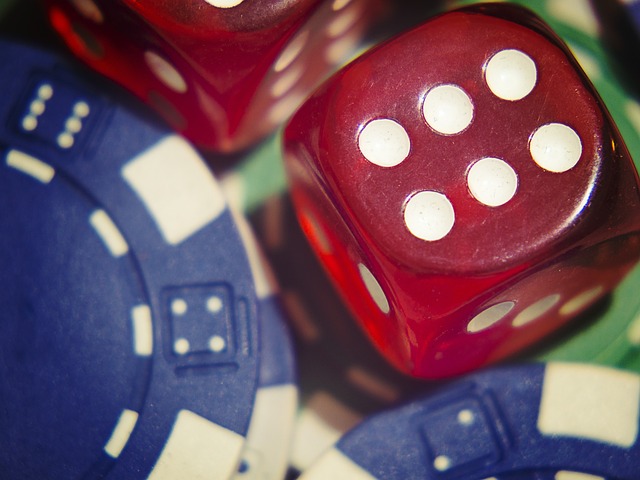
This is perhaps one of the most important faces of the poker game. A professional will trust him and will never be overwhelmed with emotions. He knows that poker is a long -term battle and that money is only a tool for the true poker player. He has a winner mentality and knows that success can only come as a result of his actions. It does not have the necessary experience to mask their emotions, whether positive or negative. He is not aware of the lack of experience and believes that involvement is sufficient.
4. The ability to adapt
Poker depends on many factors, some of them external. The opponent, the emotions, the books, the pot, the abose and other aspects of this kind can influence you in making decisions. A professional will know what to do in any situation and will adapt to any unforeseen change. It has a self -control that allows it, a sufficient vision and experience. The amateur will block in the hard times. Will make a decision forced by circumstances and will not know how to react in unforeseen situations. If he finds that he has not been successful he lies alone and seeks apologies, finding explanations in anything other than his game and attitude. It does not improvise and retains its style to the end.
5. Attitude towards large pots! Pressure game!
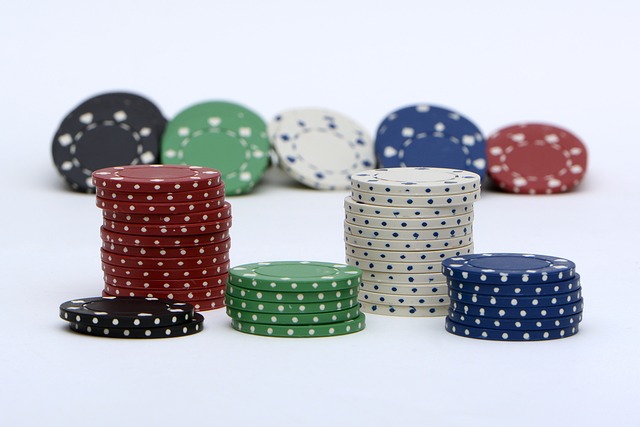
There are not many pots, but they often make the difference between the winner and the rest. A professional will play as well as such a moment, even if the pressure is infinitely higher than the rest of the hands. He is not lost with nature, even if he was not successful until that moment. Has the ability to take advantage of the necessary lucidity to make the correct decisions at the right time. If he loses his hand he will forget it quickly and failure will not influence future decisions.
A Fish plays poorly under pressure. Will treat the moment with the same superficiality and does not have the ability to understand the importance of Pot. For him everything is summarized in winning and goes on the mentality that if the pot is big he has to rely on a lot. It is left “a wave” and is guided by anything but not by lucidity. A failure can overcome it and frustration can take the place of reason.
6. The ability to vary!
Another extremely important thing is not to be read by the opponent. For this, the professional player will always seek to play varied, to make different decisions, sometimes even if he is aware that they are not the best. It is important to make his opponent in doubt at any move. Think in perspective and can even lose controlled a handless hand for the ultimate goal. It always improves, sometimes it gives the impression that it plays simple, sometimes complicated. The varied game is a feature of it.
A Fish is quite predictable and only rarely deviates from his game. Even if sometimes it will be read by a professional immediately, because as I said above, emotions betray him.
Which category do you find yourself in? Are you able to take the step from amateurs to professionals? All you have to do is control, analyze your game and calculate every move, yours but also to opponents.
